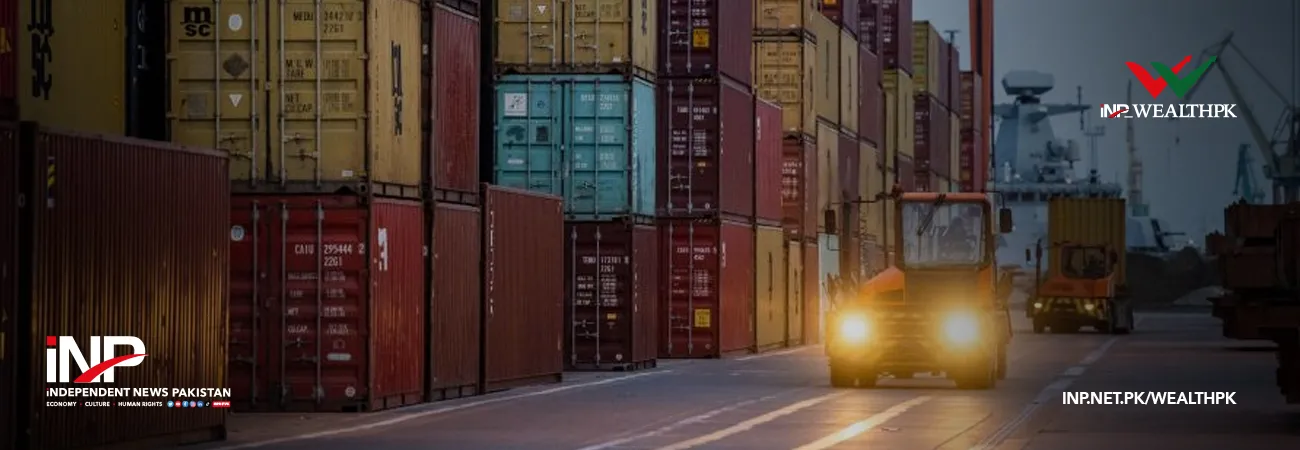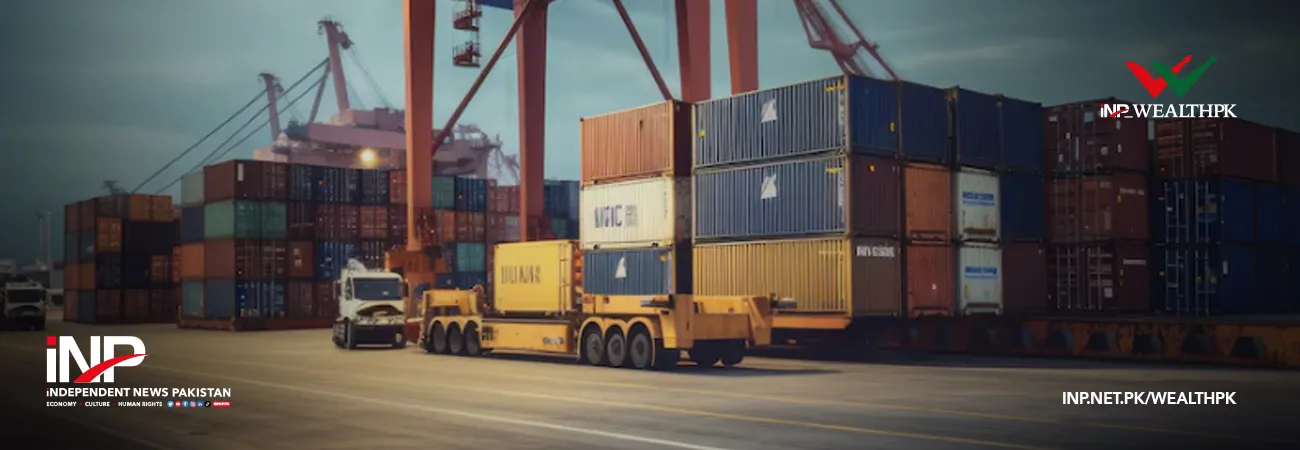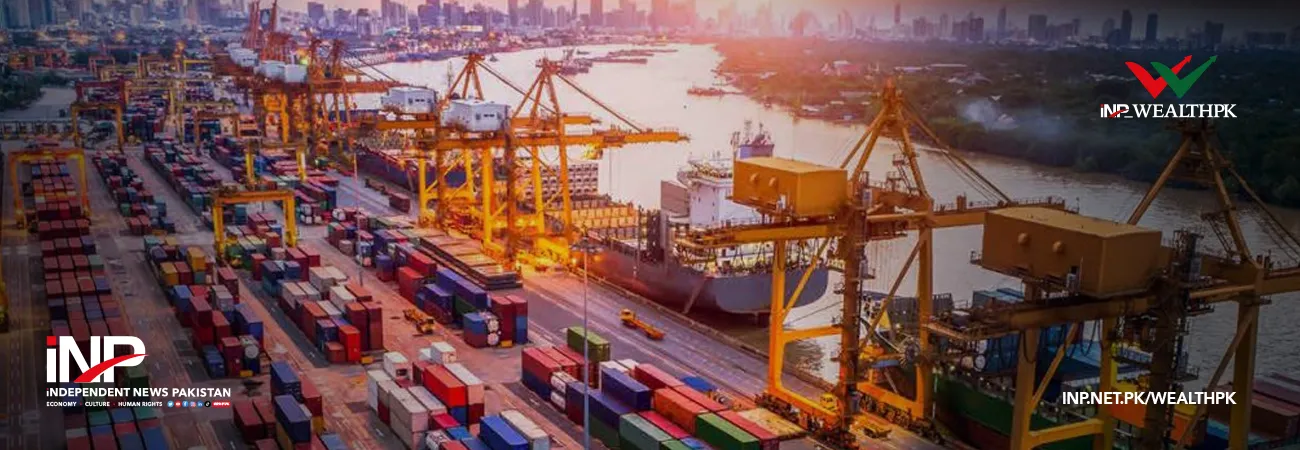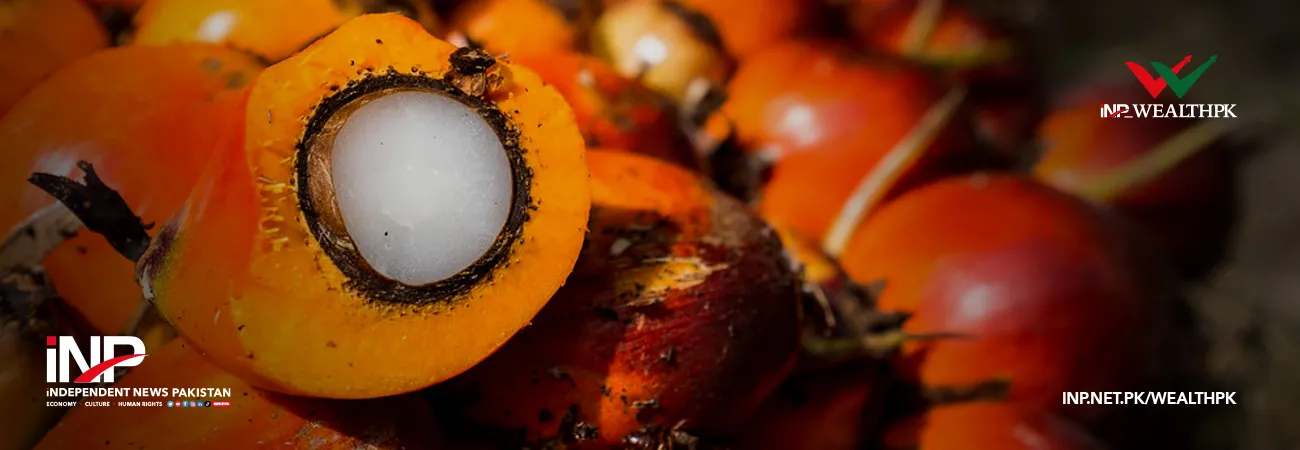INP-WealthPk
Arooj Zulfiqar
Pakistan’s economy is exhibiting promising signs of stability thanks to a significant fiscal surplus and controlled inflation rates.
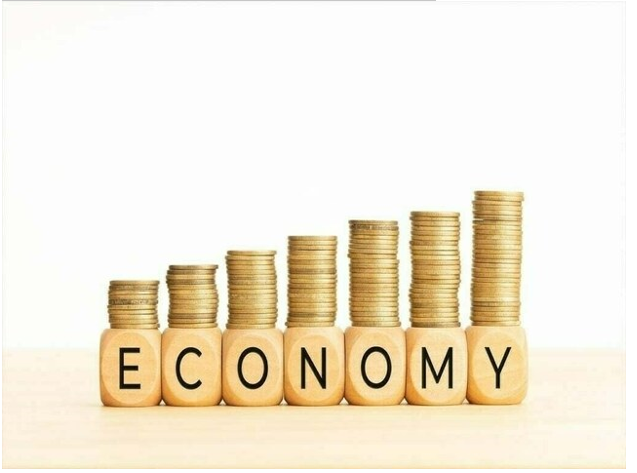
“This positive development comes amid a challenging global economic environment and domestic economic reforms aimed at revitalising growth and fiscal health,” said Dr Sajid Amin, an eminent economist and Deputy Executive Director at the Sustainable Development Policy Institute (SDPI). According to the recent data released by the Ministry of Finance in its monthly outlook for July, Pakistan achieved a notable fiscal surplus in the July-May period of FY24 as the government managed to reduce the fiscal deficit to 4.9% of GDP from 5.5% over the same period in FY23. The primary balance showed a surplus of Rs1,620.5 billion (1.5% of GDP) during the July-May period of FY24 in contrast to a deficit of Rs112.0 billion (-0.1% of GDP) in the same period of FY23. The CPI inflation was recorded at 12.6% YoY in June 2024, compared to 11.8% in the previous month and 29.4% in June 2023. It increased by 0.5% MoM in June 2024 compared to a decrease of 3.2% in the last month. The average annual inflation fell to 23.4% in FY24 from 29.2% in FY23.
Talking to WealthPK, Amin said: “This fiscal surplus is attributed to decreasing inflation, improved tax compliance and strategic cuts in non-essential expenditures. The government’s rigorous efforts to streamline public sector spending and increase fiscal discipline have played a crucial role in this achievement.” “In addition to the fiscal surplus, inflation rates have shown signs of moderation. After a period of high inflation, recent figures indicate a controlled inflation environment, driven by effective monetary policy measures,” he observed. The significant contributors to inflation were housing, water, electricity, gas & fuel (35.3%), perishable food items (20.8%), health (19.8%) and clothing & footwear (17.8%). Amin highlighted that these developments were critical for fostering investor confidence and supporting sustainable economic growth. “The fiscal surplus not only strengthens the country’s financial position but also provides a buffer against external shocks. Controlled inflation, on the other hand, enhances purchasing power and stabilises the cost of living, contributing to overall economic stability.”
“The government’s commitment to economic reform, including structural changes in key sectors and improvements in governance, has been pivotal in achieving these outcomes,” said an expert from the Ministry of Planning and Development. He emphasised that continued focus on these areas would be essential to maintaining the positive trajectory and addressing potential challenges. Federal Minister for Planning, Development and Special Initiatives Ahsan Iqbal recently highlighted the importance of export growth for Pakistan’s economic stability. Speaking at the 28th Textile Asia International Trade Fair, he emphasised that increasing exports was crucial for Pakistan to alleviate its debt burden and improve its economic conditions. He noted the significance of trade fairs in boosting exports and reaffirmed the government’s commitment to introducing “Made in Pakistan” products globally.
Credit: INP-WealthPk





